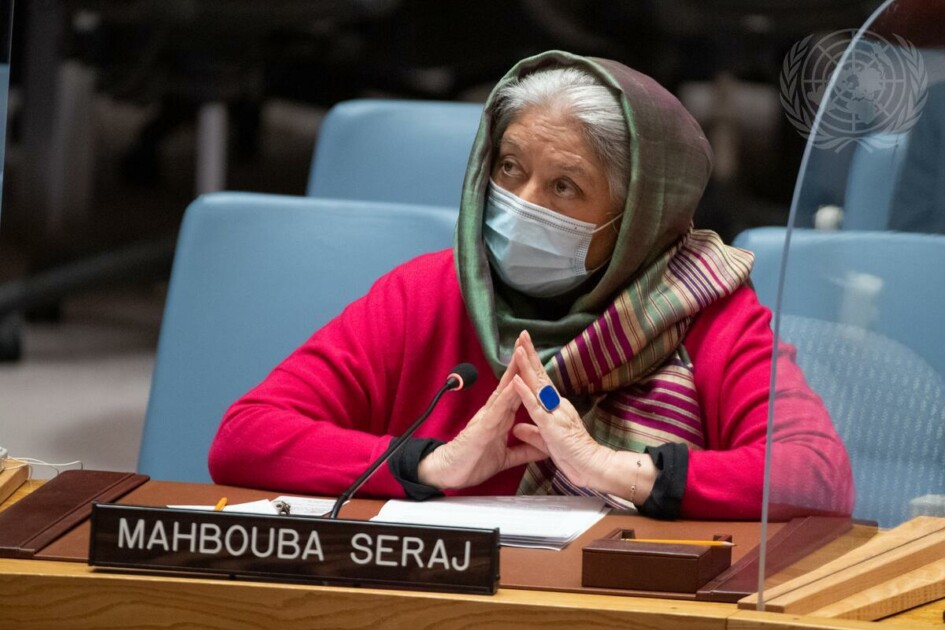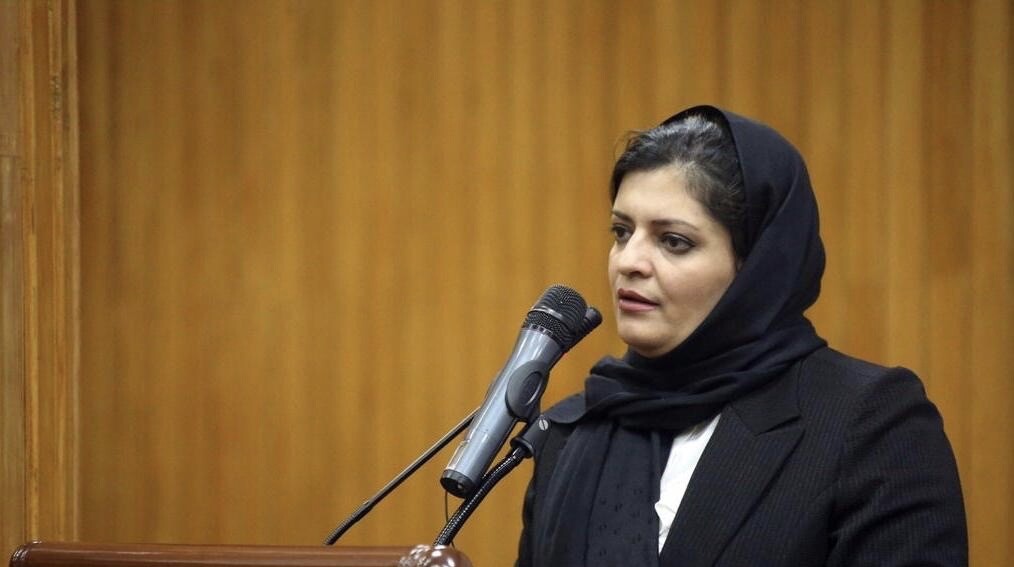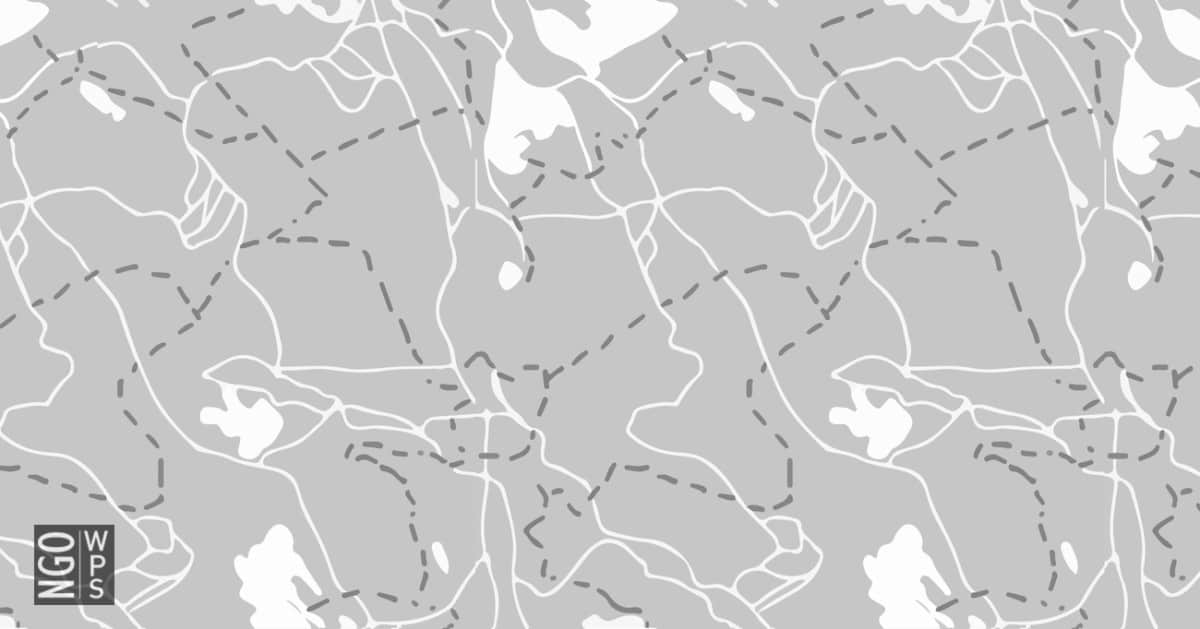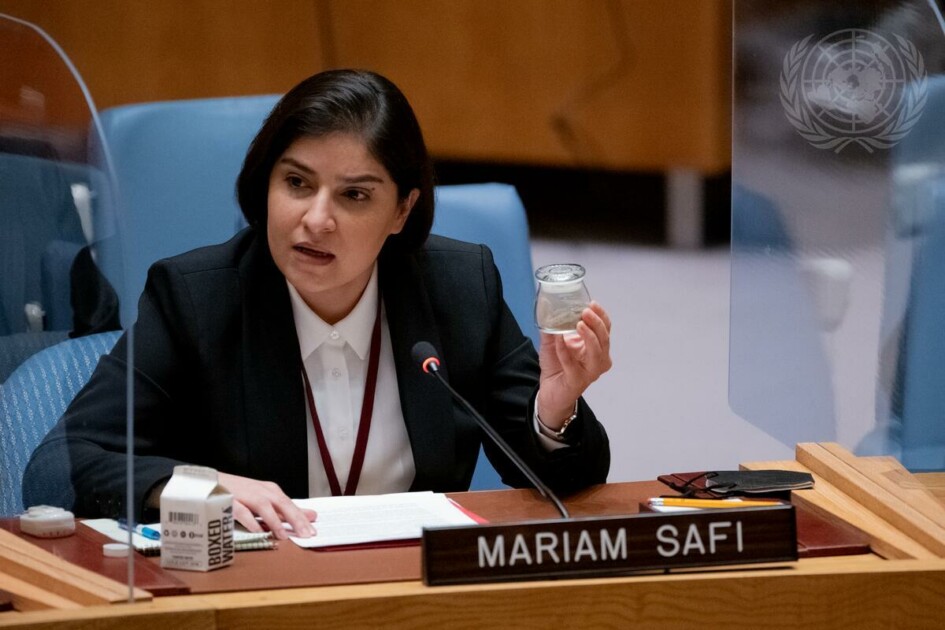Afghanistan
Afghanistan
Afghanistan has been engulfed in violent armed conflict since the fall of the Taliban regime in 2001, and efforts to build sustainable peace while preventing the re-establishment of extremist rule depend on the inclusion of women.
Living in the most dangerous place in the world to be a woman, as the Thomas Reuters Foundation revealed in 2011, Afghani women have emerged as leaders in the peace process— advocating constantly for more inclusive government, and inspiring marginalized groups nationwide to demand a place in the political system. Despite the important role that Afghani women play in bringing about social change in Afghanistan, many barriers to their involvement still exist.
Based on the work of NGOWG members and their partners, the NGOWG advocates for eliminating these barriers by encouraging UNAMA to support the Afghan government in fully implementing the National Action Plan on Women, Peace and Security (NAP), and ensuring women’s full and equal participation in regularly held elections.
Current and Past Recommendations to the UN Security Council (Monthly Action Points)
Despite international pressure, Afghan women continue to be excluded from decision-making positions, including from the briefing given to the Council in March (as requested in the March MAP). There has been no repeal of the National Reconciliation, General Amnesty and National Stability bill, increasing the culture of impunity in the country. With the renewal of the UNAMA mandate (SCR 1917), the Council should ensure that its expressed support for the Peace Jirga includes support for women’s meaningful participation in this process, and that any agreements signed fully include women’s human rights, a key part of the UNAMA mandate (SCR 1917, OP 6d).
Relevant Resources









